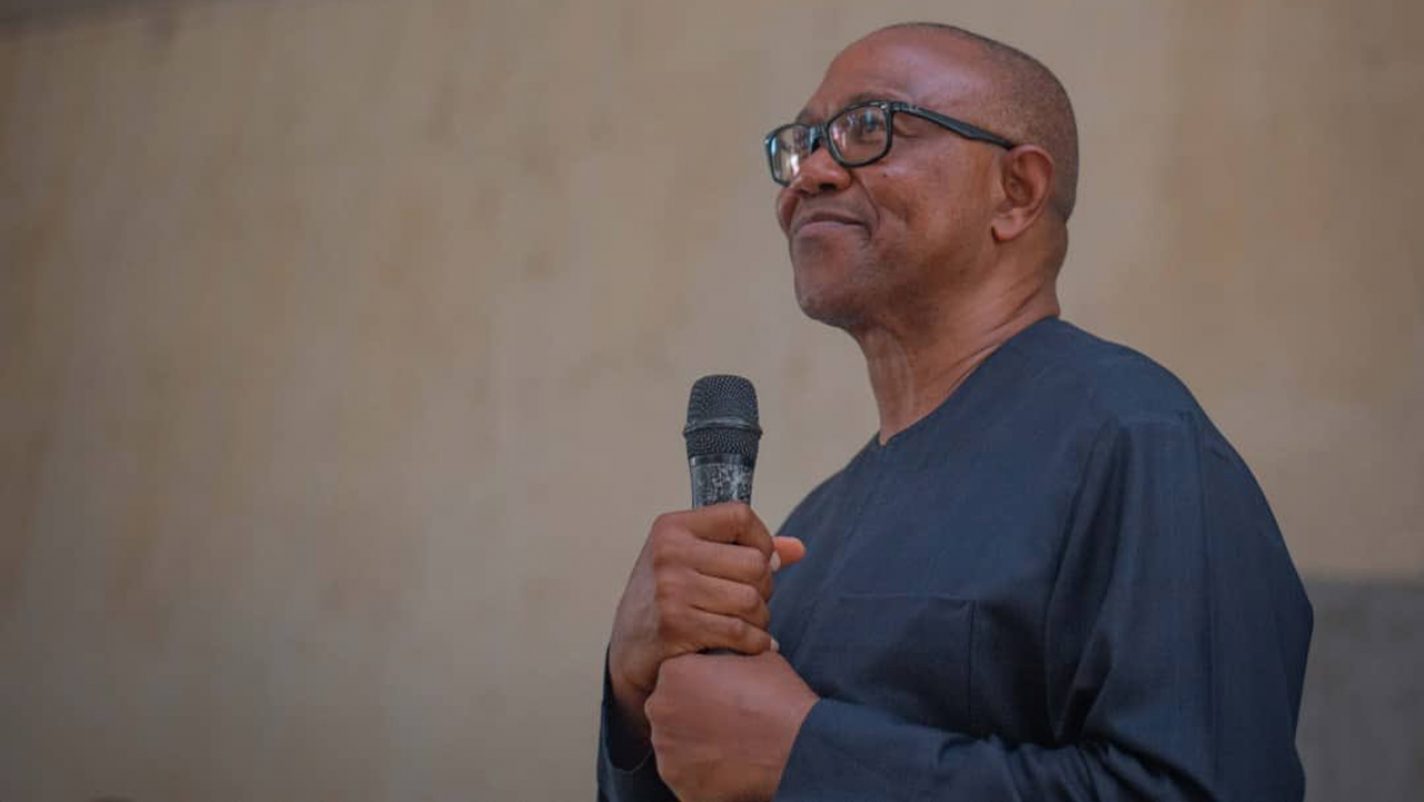As the 2023 presidential election draws closer, the Nigerian public continues to prepare for the most consequential exercise of civil willpower in many years. Would-be voters anticipate the chance to elect the next leader of the country. The undecided voters among this number are, for the last time, weighing the options (Peter Obi, Atiku Abubakar, Rabiu Musa Kwankwaso, and Bola Ahmed Tinubu) before them.
Read more about Business
One candidate has excited the voter base more than most. Peter Obi, a former governor of Anambra State, known for his emphasis on frugality and the entrepreneurial spirit, is riding on the wave of popular approval. In this article, we’ll have a look at what his presidency (assuming he wins) could mean for businesses in Nigeria. We discuss this under a number of brief themes, corresponding to the promises he and his team have made in their manifesto, It’s POssible: Our Pact With Nigerians.
A Summary of Peter Obi’s Economic Priority Areas
The Obi-Datti campaign has said that a Peter Obi presidency will address seven priority areas. At least four of them are explicitly tied to the economy and business. They are:
- Shifting the country’s focus from consumption to production by triggering export-oriented industrialization
- Leveraging contemporary science and technology to thrust Nigeria into the Fourth Industrial Revolution
- Building high-quality power and transportation infrastructure, achievable through Public-Private Partnerships
- Improve Nigeria’s Human Capital by encouraging and funding research and entrepreneurship education, among other things
Better Human Capital
The Obi-Datti manifesto proposes to raise the quality of Nigeria’s labour force through investments in STEM (Science, Technology, Engineering, and Mathematics) education, and mandatory certification for blue-collar artisans. We could see the institutionalization of an apprenticeship system, which will transfer tangible technical skills to millions of young people. This should result in employers having a much better pool of talent to recruit from, and intending entrepreneurs having what it takes to build thriving businesses.
Sign up for the Connect Nigeria daily newsletter
Access to Finance, Mentorship, and Tech Tools
There’s a pledge to bolster the vaults of credit available to MSMEs and startups, especially those run by women and young people. A fund, modelled after venture capital, will be set up for these classes of persons. That’s in addition to mentorship and training from experts, which will be run in incubators situated across Nigeria. This program will be made possible by a partnership with state governments, private sector organizations, and international partners.
Fixing the ‘Petrol’ Challenge
The Labour Party candidate’s energy policy straddles two crucial concerns. The first is a short-term need to make refined fossil fuels (such as ‘petrol’) more readily available. The current subsidy on PMS will be removed, and numerous small-scale refineries will be supported to come on stream. This will eventually crash fuel prices, drive down transportation costs, and allow businesses to save funds that they can redeploy to other productive aspects of their operations.
Multiple Energy Sources and a Boost to Power Generation and Distribution
MSMEs across Nigeria currently struggle under the heavy burden of high energy costs. This is mostly due to unreliable power supply from the national grid. A potential Peter Obi presidency plans to solve this problem by finalizing a pending agreement between Nigeria and Germany’s Siemens to substantially raise the country’s power capacity to 25,000 MW by 2025 (up from its current 4,000-5,000 MW). It will also re-engage 14 independent power projects, which will boost power generation even further. Solar projects up north, and offshore wind farms in the south will complement existing energy sources, and form the second part of Obi’s energy policy concern.
Expanding and Mechanizing Agriculture
The It’s POssible document proposes to accelerate the utilization of Nigeria’s vast arable lands, particularly in the north, for agrarian purposes. It sees this as crucial to shrinking the country’s poverty burden. Key to realizing this dream will be tackling the insecurity that currently prevents much farming from being done in the region. There are also plans to mechanize agriculture on a large scale. Taken together, these measures will slash food prices and the cost of raw materials for the agro-processing industry.
Register to attend the CN Business Mixer
Industrialization and Increased Exportation
Peter Obi seems keen on leading Nigeria away from its status as a lower-middle-income consumer country to a production and export powerhouse. He intends to do this by providing incentives for persons and organizations to invest in the industry. He’s particularly interested in building up value chains for primary products so that more of them become value-added goods that can fetch the country greater revenues from the international markets. Achieving this will require, among other things, the streamlining of local logistics and distribution systems so that costs are pushed lower—a course of action that Obi’s manifesto accounts for.
Tackling Unstable Exchange Rates
Businesses in this corner of the world have suffered the consequences of unstable currency exchange rates. SMEs that rely on imported inputs have been hit hard. If Peter Obi’s utterances about this matter are anything to go by, we can expect the current multiple exchange rates regime to end if he becomes president. His administration will shift its focus away from ‘defending the naira’ at all costs, to encouraging foreign currency inflows via higher export earnings and increased Foreign Direct Investment (FDI). In the long term, this policy pivot could mean more stable exchange rates—something that Nigerian businesses currently crave.
Featured Image Source: The Guardian NG
Got a suggestion? Contact us: [email protected]


